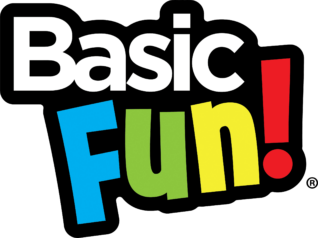
The Role of Toys in Social Skill Development
Toys are not just tools for entertainment; they are powerful instruments that play a crucial role in a child’s development. One of the most significant aspects of this development is the enhancement of social skills. Social skills are essential for children to interact effectively with others, build relationships, and navigate the world around them. Here, we explore how toys contribute to the development of these vital skills and offer insights into the best types of toys that can support social growth.
The Importance of Social Skills
Social skills are a set of behaviors that allow individuals to communicate, relate, and interact with others. These skills include:
- Communication: Expressing thoughts, feelings, and ideas effectively.
- Cooperation: Working together towards a common goal.
- Empathy: Understanding and sharing the feelings of others.
- Conflict Resolution: Managing disagreements in a constructive manner.
- Listening: Paying attention to others and understanding their perspectives.
Developing these skills from an early age is crucial as they form the foundation for healthy relationships and successful interactions throughout life.
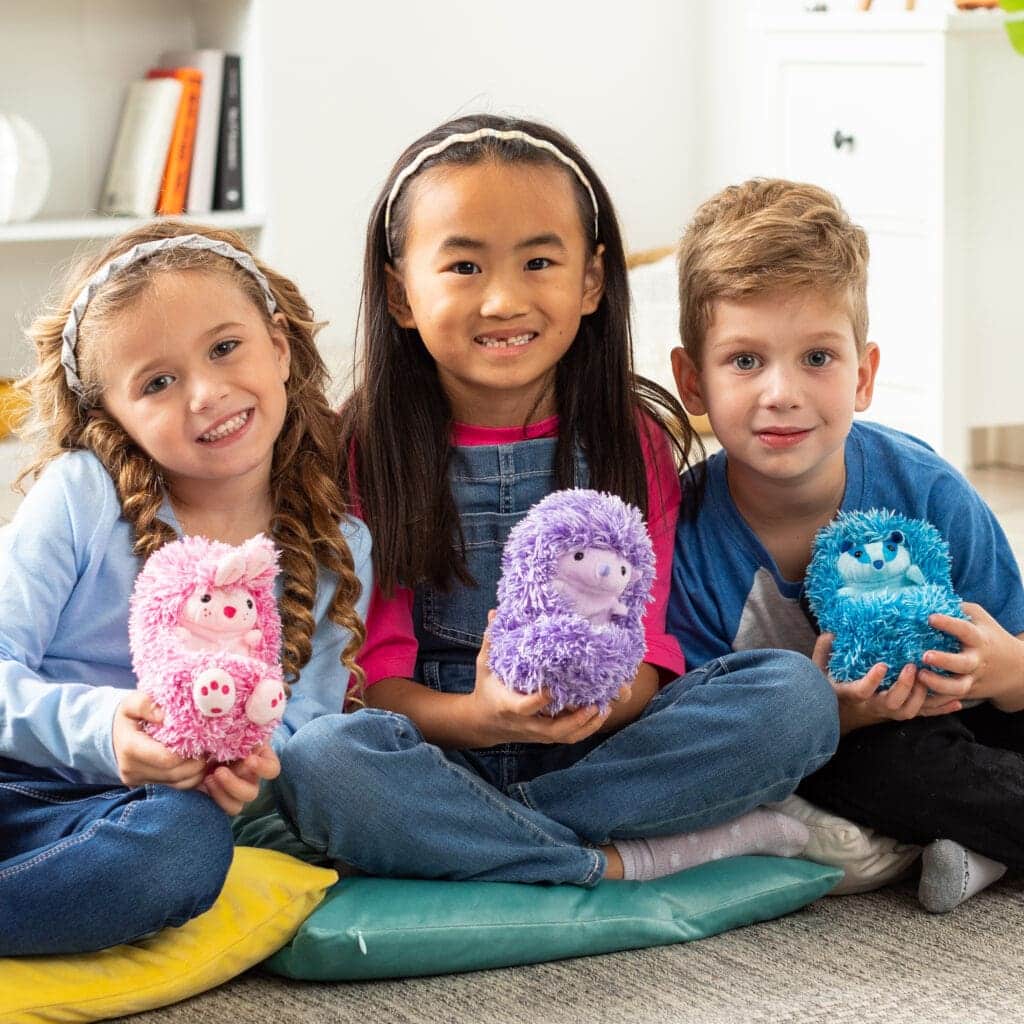
How Toys Promote Social Skill Development
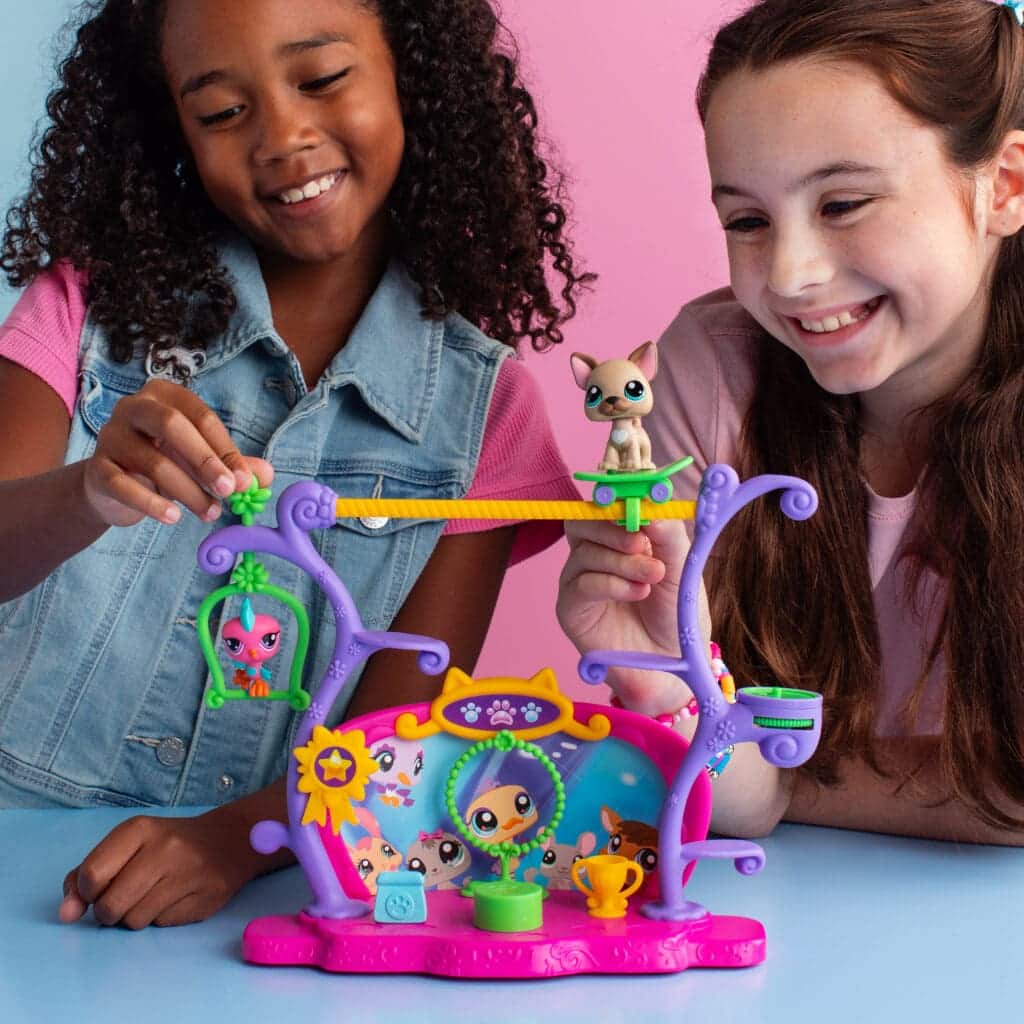
Role-Playing Toys
- Examples: Dollhouses, action figures (littlest pet shop, my little pony), play kitchens, and dress-up costumes.
- Benefits: Role-playing toys encourage children to mimic real-life scenarios and engage in imaginative play. This type of play allows children to experiment with different social roles and understand the perspectives of others, enhancing empathy and communication skills.
Board Games and Puzzles
- Examples: Classic board games like Monopoly, Candy Land, and cooperative puzzles.
- Benefits: Board games require players to take turns, follow rules, and work together to achieve goals. These activities promote cooperation, patience, and conflict resolution skills.
Interactive Toys
- Examples: Electronic pets (curlimals), interactive storybooks, and tech-based learning toys.
- Benefits: Interactive toys often require children to follow instructions and respond to prompts, which can improve listening skills and the ability to follow directions.
Building Sets and Construction Toys
- Examples: Lincoln logs, K’nex, and model kits.
- Benefits: These toys encourage collaborative play, as children often build together, share ideas, and solve problems collectively. This fosters teamwork and communication.
Sports Equipment
- Examples: Balls, frisbees, and beginner sports kits.
- Benefits: Playing sports teaches children about teamwork, fair play, and handling both winning and losing gracefully. It also provides opportunities for peer interaction and bonding.
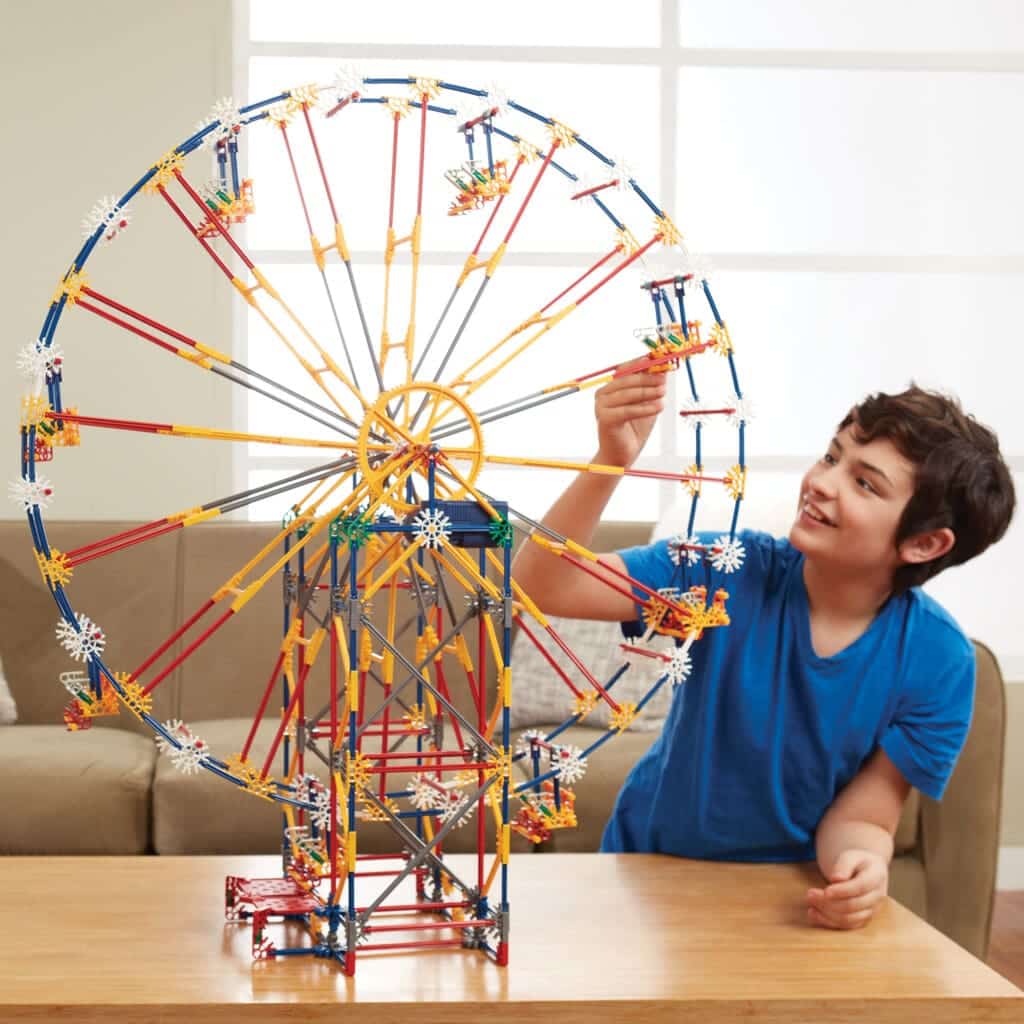
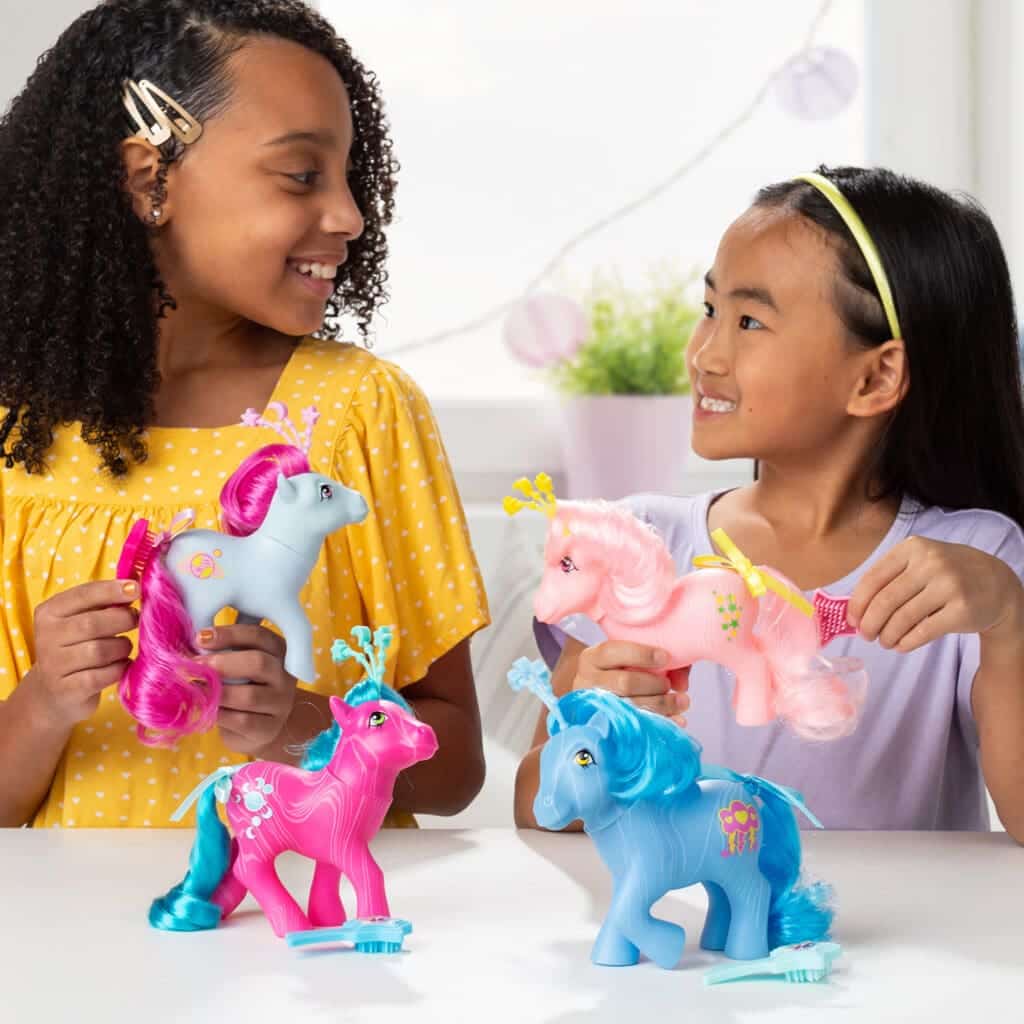
Selecting Toys to Enhance Social Skills
- Age Appropriateness: Ensure the toys are suitable for your child’s age and developmental stage to maximize their benefits.
- Open-Ended Play: Opt for toys that encourage creativity and can be used in multiple ways. This type of play promotes imagination and flexibility in social interactions.
- Group Play: Choose toys that can be enjoyed by multiple children at once to encourage cooperative play and teamwork.
- Educational Value: Look for toys that offer educational benefits alongside social skill development, such as those that teach sharing, turn-taking, and empathy.
Tips for Encouraging Social Play
- Play Dates: Arrange regular play dates with peers to provide opportunities for social interaction and cooperative play.
- Model Behavior: Demonstrate positive social interactions, such as sharing and polite communication, for your child to mimic.
- Join Groups: Enroll your child in group activities, such as sports teams or art classes, where they can practice social skills in a structured environment.
- Provide Guidance: Offer gentle guidance and support during playtime to help your child navigate social challenges and reinforce positive behaviors.
Toys are a powerful tool in the development of social skills, offering children a playful way to learn and practice important behaviors. By carefully selecting toys that promote communication, cooperation, and empathy, parents and caregivers can support their children’s social growth. Whether through imaginative role play, cooperative games, or team sports, the right toys can make a significant impact on a child’s ability to interact effectively with others and build meaningful relationships.
